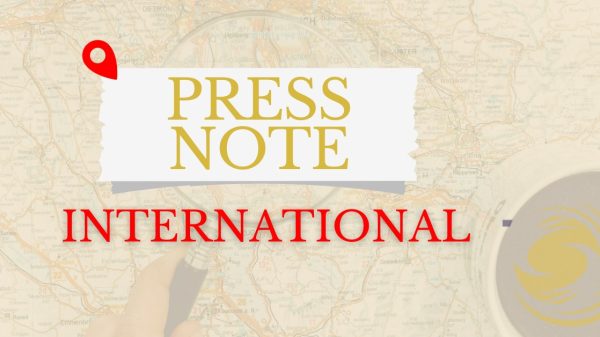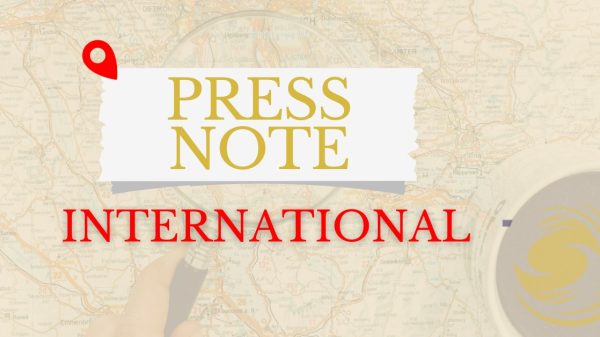Trump’s Bold Strategy on Ukraine Sparks Concerns Among Allies

- Update Time : Thursday, February 13, 2025

U.S. President Donald Trump has promised a swift resolution to the nearly three-year Ukraine war. However, his recent diplomatic moves have raised concerns among allies, suggesting potential risks of undermining U.S. leverage before formal negotiations even begin.

On Wednesday, Trump held separate phone calls with Russian President Vladimir Putin and Ukrainian President Volodymyr Zelenskiy, signaling the start of talks. Meanwhile, Defense Secretary Pete Hegseth sparked controversy at a NATO meeting in Brussels, stating that a return to Ukraine’s pre-2014 borders is “unrealistic” and ruling out NATO membership for Ukraine and the presence of U.S. troops in the region.
Critics Question Strategy

Former U.S. ambassador to Russia Michael McFaul criticized the approach, asking why the U.S. is offering concessions to Russia before negotiations commence. European allies echoed these concerns, with former Lithuanian Foreign Minister Gabrielius Landsbergis suggesting that such moves could be seen as abandoning Ukraine.
Despite Trump reaffirming his support for Ukraine, analysts warn that limiting Kyiv’s long-term security options could set a dangerous precedent. Carnegie Endowment senior fellow Stephen Wertheim called Hegseth’s comments a “concession to reality,” signaling a shift toward a more pragmatic, albeit risky, diplomatic stance.

Minerals Deal: A New Bargaining Chip?
Amid these talks, U.S. Treasury Secretary Scott Bessent visited Kyiv to explore a post-war minerals deal. Trump proposed tying future U.S. aid to Ukraine’s mineral resources, a move former U.S. ambassador John Herbst described as a creative, albeit controversial, strategy to secure ongoing U.S. support for Ukraine.
However, British lawmakers warned against signaling that territorial aggression could pay off. Former Foreign Secretary James Cleverly stressed the importance of sending a strong message that violence and invasion will not be rewarded.
As the world watches closely, the outcome of these negotiations could reshape the future of Ukraine and set new geopolitical precedents.









Leave a Reply